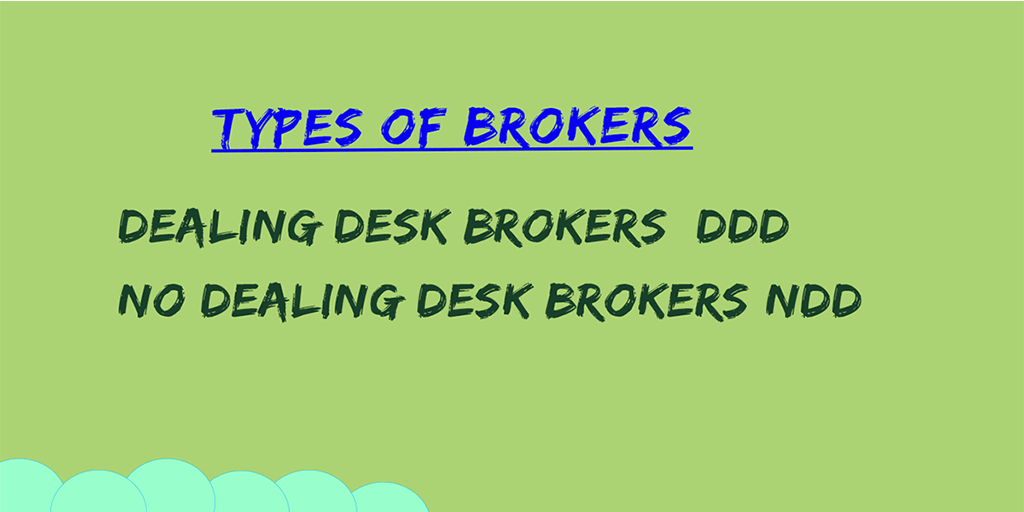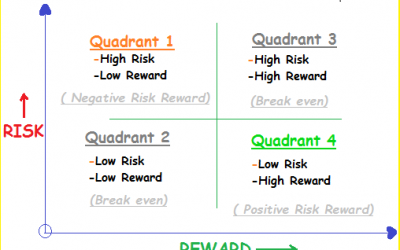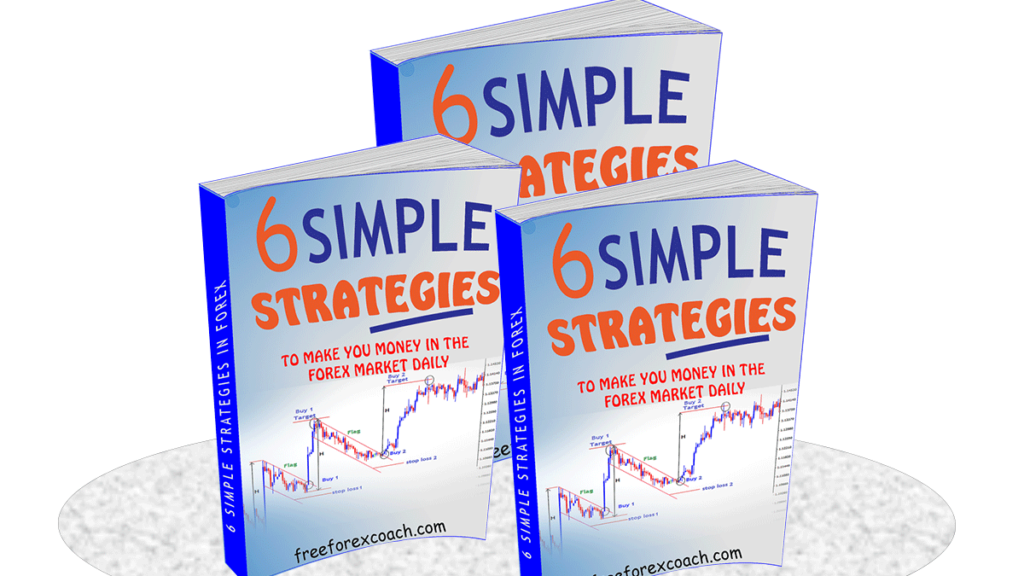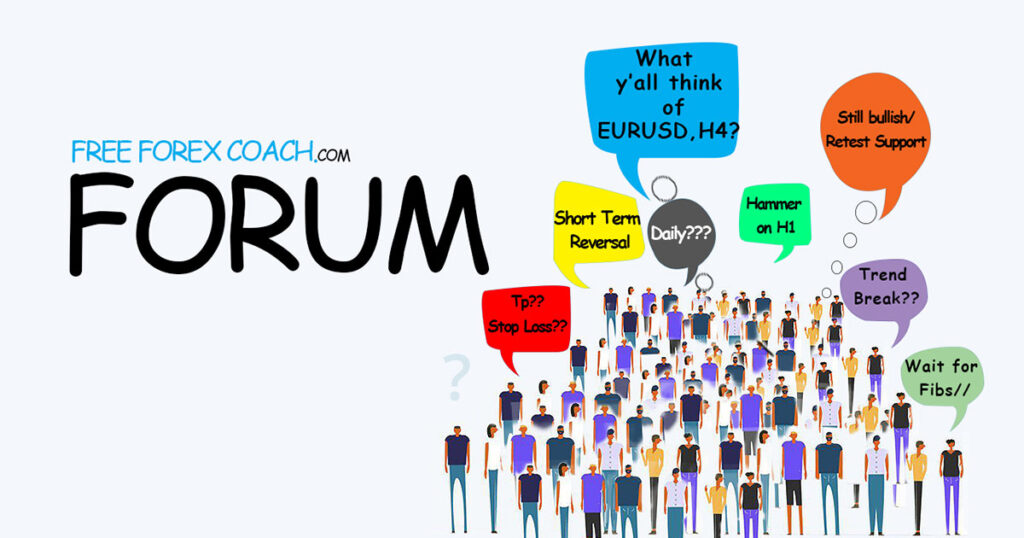Types of Forex brokers are the middlemen between you the trader and the inter-bank network. They provide you with access to the trading platform where you buy and sell foreign currencies.
Forex Brokers act as the go-between that pass the customers’ trades to market makers.
They get their commission on the bid-ask spread of currency pair.
In order to participate in the forex market, you must have a forex broker. Below are major types of forex brokers;
Different types of forex brokers
Just like we mentioned above, Forex Brokers are intermediaries who execute trades in the forex market because they act as the middlemen for the traders and liquidity providers.
Forex traders can trade directly either with market makers or themselves.
It is a very important to know the type of a broker you need and choose that broker. We shall help you to know the different types and how they operate.
The dealing desk forex brokers
These are brokers who operate through the dealing desk and make money through spreads.
They provide liquidity to their clients(market makers) and also set the bid and ask price at which they are to buy and sell to their clients.
The dealing desk brokers make money by buying at lower prices and selling at high prices through taking advantage of bid and ask spreads.
The terms and conditions are always stated clearly and all traders choose to trade along after accepting the terms of trade.
Dealing desk type of forex brokers process trades either by placing clients against each other or taking trades themselves. Placing traders against each other helps them to minimize risks.
For example when client A wants to buy EUR/NZD at 1.58264 and client B wants to sell it at 1.58264, same time, they are then matched by the broker. In case there are no matching clients, the brokers take the sides themselves hedging your position.
The clients do not see the inter-bank rates and spreads but due to the stiff competition of brokers they get almost the same rates.
The No dealing desk – types of forex brokers
The No dealing desk brokers do not pass their orders through the dealing but rather do it directly to their liquidity providers.
They offer traders with access to the inter-bank forex market.
No delays in filling orders, re-quotes and no conflict of interest.
The No dealing desk brokers are grouped into;
Straight-through processing brokers
These have a system that takes orders directly to the liquidity providers who have access to the inter-bank market. They usually have many liquidity providers with each quoting its own bid and ask prices.
There are no delays since orders are filled directly to the liquidity providers. STP’s make money by adding small commission/ markup to the spread.
There is no conflict of interest between both parties because whether the trader makes or loses money, the broker will get the same markup.
Electronic communication network (ECN) brokers
Electronic communication network is an electronic system that allows orders entered by market markers to forex traders. These connect their clients to liquidity providers.
These brokers obtain liquidity from the liquidity providers and make it available for trading to its clients.
It is a computer driven network that automatically matches buy and sell orders at specified price.
ECN connects major brokerages and individual traders to trade directly between themselves without using middlemen.
The fact that traders set their own prices, ECN has enabled traders to incur less on commission on trades they take because traders determine their own prices and cost.
Traders get a chance to interact with other participants and are able to meet the depth of the market. The depth of the market shows where the buy and sell orders are displayed.
Risk Reward ratio Quadrants: The Difference between Amateur and Professional Traders!
Risk reward ratio (RR) is the “holy grail” of trading. Risk reward ratio Quadrants identify where you actually belong in your trading business. RR is the most important metric in trading and a trader who understands it can greatly improve his/her chances of becoming...
- Oh, bother! No topics were found here.




